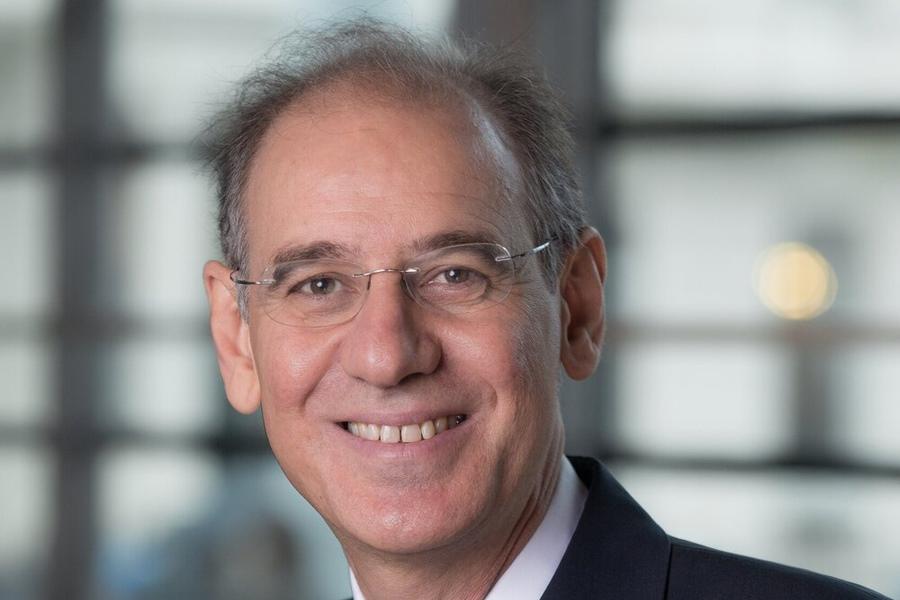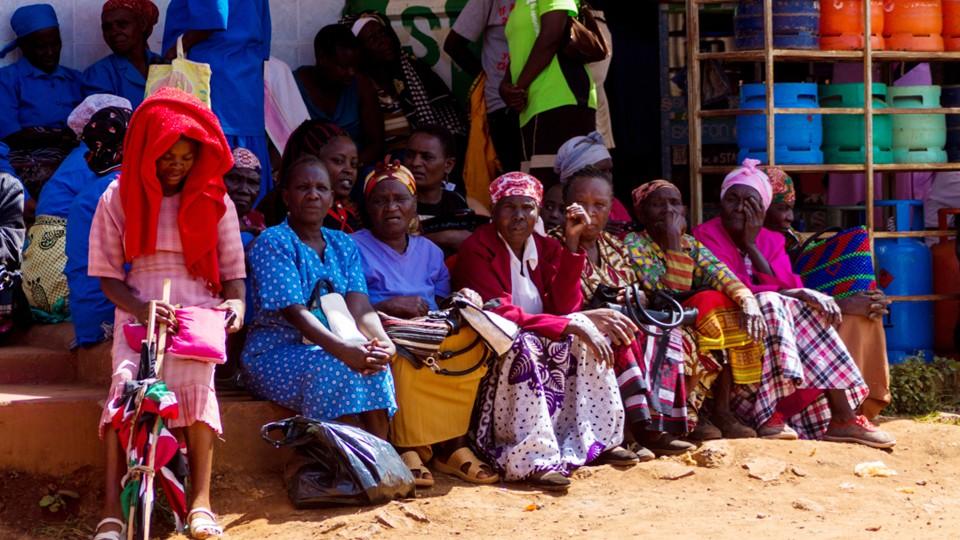Foundation aims to level health access with digital tech

Professor Rifat Atun
A new initiative called the Movement Health Foundation (MHF) has been launched with a pledge to encourage greater use of digital technologies to equalise access to healthcare around the world.
The MHF formally came into being on the edges of the World Health Assembly (WHA), bringing together Harvard University's Professor of Global Health Systems Rifat Atun, the Copenhagen Institute for Future Studies (CIFS), Microsoft, Roche, and Siemens Healthineers as founding partners.
Movement Health was founded in 2019 with the intention of helping governments, healthcare providers, patients, and businesses work together to achieve health equity, and this switch to official foundation status marks a step up in its capacity by facilitating partnerships with other organisations.
Among its achievements to date are a project in Chile to slash waiting lists for lung cancer treatment by a third, using digital technologies to tackle inefficiencies within the healthcare system on patient interaction and clinical decision-making, as well as a Peruvian initiative to improve the regional visibility of healthcare trends and improve budget allocation and the effectiveness of spending.
Since then, it has turned its attention to other projects in Africa, Europe, and the Middle East, adopting a five-step approach of identifying health challenges, local networking, encouraging policy change, piloting solutions, and adapting those solutions to work at scale.
Among the challenges it hopes to address are the impact on healthcare systems of rising populations, longer lives, escalating rates of chronic diseases, and the ever-present threat of infectious diseases.
Central to that effort will be the capacity of healthcare systems to “harness the power of digital and AI technology to accelerate a more equitable global delivery” of care, said Tom McGuinness, head of Microsoft’s global healthcare and life sciences division.
Roche, meanwhile, has been a supporter of the organisation from the start, and said it will contribute its expertise in medical biology and development of innovative platforms, while CIFS brings its data-crunching capabilities to locate the bottlenecks in access and ability to help foster cross-border partnerships. And Siemens Healthineers will explore technologies like AI-driven diagnostics within the MHF.
It is hoped that other organisations will take part, with additional membership seats available, said the Foundation in a statement.
“The challenge of tackling the world’s greatest health issues cannot be solved by one organisation or company alone, but by harnessing the insights and capabilities of leading institutions and cross-industry partners,” commented Professor Atun, who chairs the MHF’s board of trustees.













